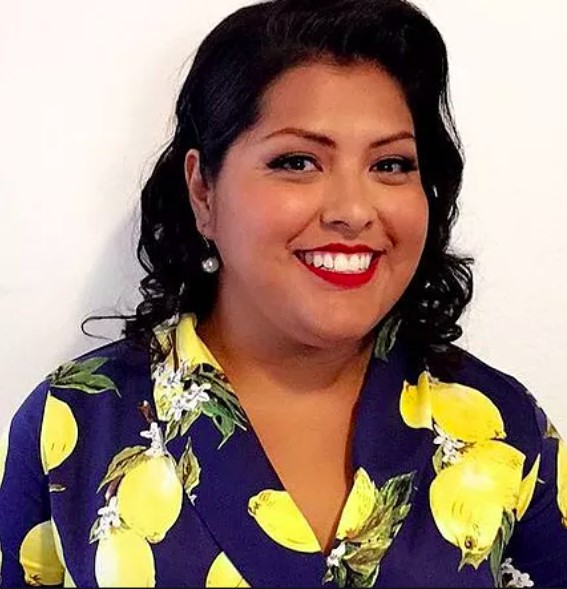 Improving public health isn’t only about having better tools, it’s also about eliminating deficiencies in leadership and management.
Improving public health isn’t only about having better tools, it’s also about eliminating deficiencies in leadership and management.
In a career that has spanned working for the United States CDC, Doctors Without Borders, as the staff lead for immunization and infectious disease policy for the National Association of County & City Health Officials in Washington, D.C., the state of Massachusetts, and immunization and health programs across Africa — JR Ransom, a 2014 graduate of Antioch’s Leadership and Change PhD program — has seen leadership issues in practice, and has implemented ways to make healthcare more accessible, and moreover, more equitable.
Ransom’s interest in immunization and healthcare in Africa was sparked during a year at the University of Nairobi through a University of California-sponsored program as part of his medical anthropology studies. During that year, he was fortunate to work with a faculty advisor who was a consultant for the World Health Organization, supporting a global initiative which began in 1988 to eradicate polio by the year 2000. A pivotal moment was when Ransom went into the field with his professor, where polio injections were being given with drops.
“I was 20 and was trying to figure out what I was trying to do and it really appealed to me,” said Ransom.
He went on to pursue a graduate degree focused on public health. Two years later, Ransom realized that he had found his calling while working in southwestern Nigeria leading an epidemiologic study initiated by the World Health Organization on River blindness (onchocerciasis) and evaluating the effectiveness of treatment plans.
When Ransom returned to the U.S. and gained experience in different health organizations, he noticed repeating deficiencies in organization and management and saw how these issues were detrimental to essential healthcare. This was the beginning of the path that led him to earn his PhD at Antioch.
“We have people dying from diseases that we have had the answer to for centuries (like polio),” said Ransom. “It was crystalizing to me that it wasn’t an issue of having tools — we don’t know how to connect people to the tools.”
He realized that having strong management and leadership was necessary to achieve public health goals. Particularly while working in departments in the United States, he saw that the better administers were at implementing policies, the better the patient and population outcomes. For example, the proportion of children in the nation, state, city, or county, who were up to date with their immunizations by age two, could be increased through effective administration of policy, which is predicated on effective leadership and change management.
“You want to help people live longer and healthier lives through simple interventions like immunizations and guaranteed and assured comprehensive health insurance coverage,” said Ransom. “But we often fail at that because of the deficiens in leadership and management.”
Ransom felt that getting more training in leadership was the way to grapple with these issues at a larger scale. It was not only about access, but equity — making sure that people could get the care they need to accommodate their specific situations, despite their socioeconomic status. He was attracted to Antioch for the training and research in leadership, and its strong social justice bent, but especially to gain the tools to enact change.
“I got to a place where I couldn’t bifurcate these skills— leadership and change are integral to each other,” said Ransom.

